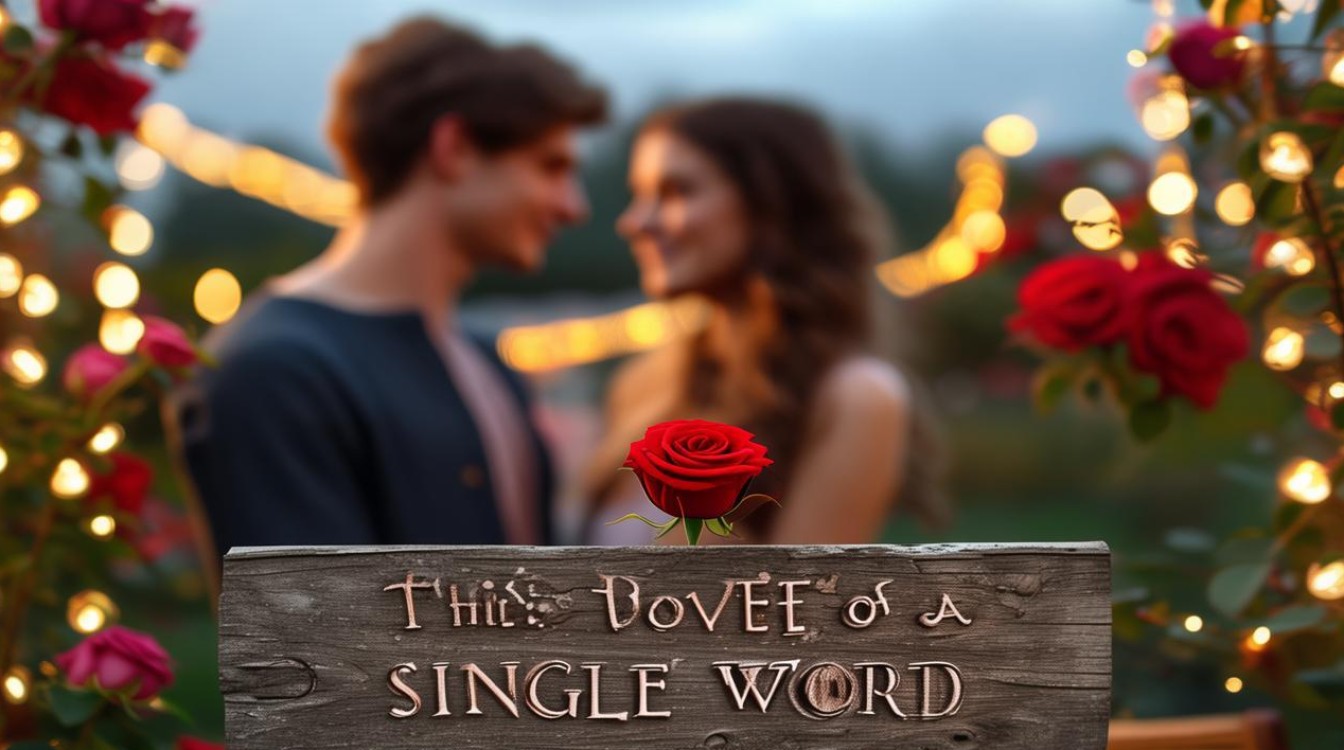Valentine’s Day is a celebration of love, but sometimes the simplest expressions carry the deepest meaning. In English, a single word can capture the essence of this day—"Cherish".

Why "Cherish"?
Love is often described with grand gestures, but "cherish" goes beyond fleeting moments. It implies a lasting appreciation, a deliberate act of holding someone or something dear. Unlike "love," which can feel broad, "cherish" is specific. It’s about valuing the small details—a shared laugh, a handwritten note, or the quiet comfort of companionship.
On Valentine’s Day, "cherish" reminds us to focus on what truly matters. It’s not just about gifts or dates; it’s about recognizing the people who make life meaningful.
The Linguistic Beauty of "Cherish"
This word originates from the Old French cherir, meaning "to hold dear." Its evolution reflects a shift from possession to emotional depth. In modern English, "cherish" carries warmth and intentionality. Compare it to similar terms:
- Adore: Passionate but often temporary.
- Treasure: Implies rarity, but can feel material.
- Cherish: Combines emotional depth with active care.
For example, saying "I cherish our time together" feels more personal than "I love spending time with you." The former suggests gratitude and mindfulness.

How to Use "Cherish" on Valentine’s Day
-
In Words
- Write a note: "I cherish the way you understand me without words."
- Say it aloud: "I don’t just love you; I cherish you."
-
In Actions
- Plan a memory-based date: Recreate your first meeting or cook a meal together.
- Gift something symbolic: A photo album or a planted tree grows alongside your relationship.
-
In Reflection
Take time to acknowledge why you cherish someone. Is it their patience? Their humor? Naming these reasons strengthens bonds.
Cultural Perspectives on "Cherish"
Different languages have unique words for love, but few capture the quiet devotion of "cherish." For instance:

- Japanese: "大切にする" (taisetsu ni suru)—to treat as important.
- Spanish: "Atesorar"—to treasure, but with a stronger emotional tie.
In literature, "cherish" appears in vows and poetry. Jane Austen wrote of "cherished hopes," while modern songs like "Cherish" by The Association highlight its timeless appeal.
The Science Behind Cherishing
Psychology supports the power of this word. Studies show that couples who actively appreciate each other experience:
- Higher relationship satisfaction.
- Better conflict resolution.
- Increased emotional resilience.
Expressing "cherish" triggers positive reinforcement. When someone feels valued, they’re more likely to reciprocate, creating a cycle of mutual respect.
Common Missteps to Avoid
- Overuse: Reserve "cherish" for moments that truly matter to preserve its impact.
- Insincerity: Pair the word with genuine actions. Empty words diminish its value.
- Assuming it’s only for romance: Friends, family, and even pets can be cherished.
A Challenge for Readers
This Valentine’s Day, replace "love" with "cherish" in one conversation. Notice how it shifts the tone—deeper, more intentional.

Love may be the foundation, but "cherish" is the act of building upon it. In a world of fast connections, taking time to cherish is revolutionary.
So, as February 14th approaches, ask yourself: Who do you cherish? And more importantly—have you told them?

